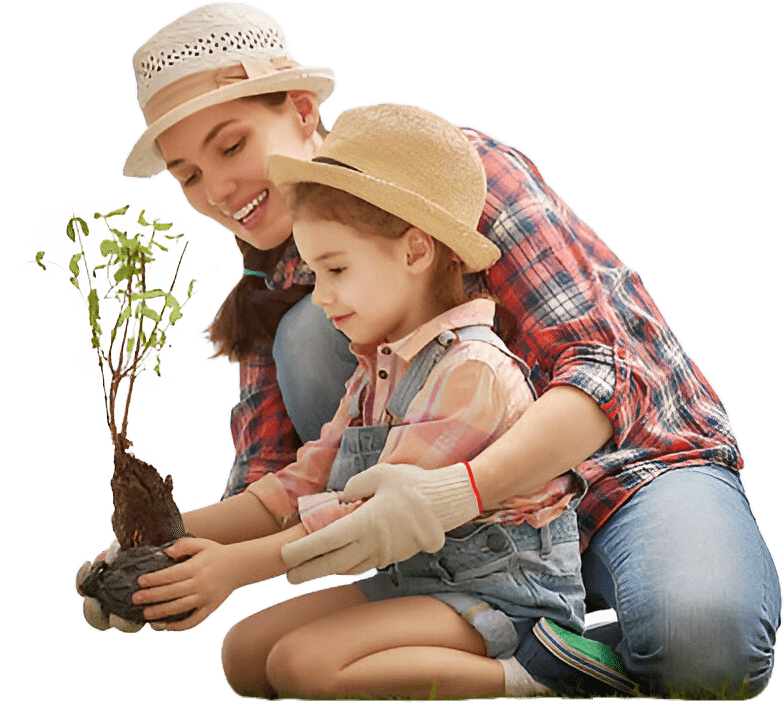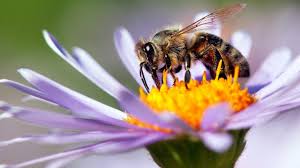
Pollinators are incredibly important to the environment and our way of life; however, they are being eradicated at a startling rate. Between the loss of floral abundance and diversity due to increased land-use, exposure to parasites, and the increased use of pesticides, the number of pollinators have decreased dramatically worldwide. June 17th-23rd is National Pollinator Week, in honor of this week we’d like to celebrate pollinators and teach our clients the small steps they can take to help protect pollinators on their property.
What Are Pollinators?
Pollinators are a group of species that transfer pollen from a male part of a plant to a female part of a plant, later enabling fertilization and the production of seeds.
When most people talk about pollinators they are talking about bees; however, pollinators include a range of insects and animals that pollinate plants. Pollinators include birds, bats, butterflies, moths, flies, beetles, wasps, and even some small mammals.
Importance of Pollinators
Between 75% and 95% of all flowering plants on earth need pollinators. In fact, it’s estimated that 1 out of every 3 bites of food you eat is there because of pollinators. Pollinators also support plants that create medicine and fibers for clothing. But that’s not all pollinators help create. Pollinators support healthy ecosystems that create clean air, stabilize soils, and support thousands of different species of wildlife.
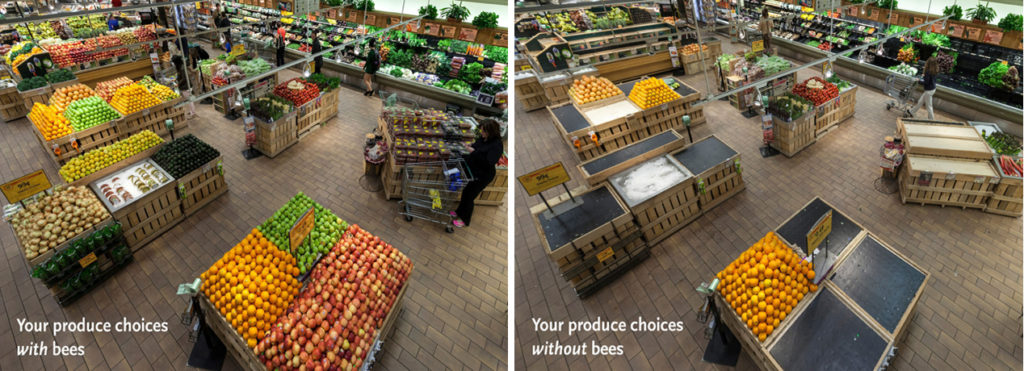
As for your property, Increasing pollinators can help make your landscape healthier and more aesthetically pleasing. On your property, the cross pollination provided by bees and other pollinators will result in more flowers, healthier plants, and more/healthier fruits (if you have fruit trees).
All in all, pollinators are essential for our environment, way of life, and your landscape but unfortunately they are being eradicated at incredible numbers.
Eradication Of Pollinators
Pollinator populations, especially bees, are dropping at a dramatic rate. In fact, between 1947 and 2005 the number of honeybees in the US declined from 5.9 million to 2.4 million, that’s a 40% reduction in one of our main pollinator species. But it’s not just bees; bat, butterfly, and ant populations are also being reduced because of loss of habitat, chemicals, and diseases.
- Monarch butterfly population has declined by 90% in the last 20 years.
- 25% of bumble bees species are thought to be in serious decline
- At least 3 bat, 5 birds, and 24 butterfly, skipper and moth, one beetle and one fly species (all pollinators in the United States) are federally listed as endangered.
- 40% Reduction in the population of honeybees between 1947-2005
What Can You Do To Help Pollinators?
Overall you can help pollinators by making your property a safe space for them. To do this follow our tips below:
Plant Trees And Shrubs That Attract Pollinators
Our arborists suggest homeowners that want to help pollinators plant trees and shrubs that attract them to their yard. Many of our clients even have their own pollinator gardens that contain an arrangement of pollinator attracting plants.
Attract Hummingbirds By Planting:
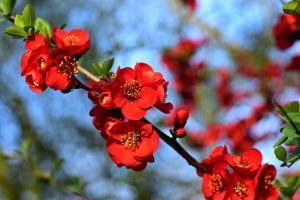
- Azalea
- Red Buckeye
- Flowering Quince
- Mimosa
- Flame Acanthus
- Cardinal Flower
- Rhododendron
- Lupine
Attract Butterflies By Planting:
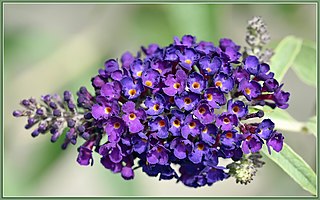
- Buddleia (aka Butterfly bush)
- Rose of Sharon
- Virginia Sweetspire
- Weigela
- Bluebeard
- Golden Rod
- Ironweed
Attract Bees By Planting:
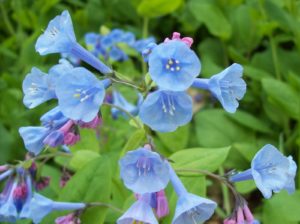
- Eastern Redbud
- Pussy Willow
- New Jersey Tea
- Cockspur Hawthorn
- Milkweed
- Virginia Bluebells
Avoid Toxic Mosquito Sprays
Mosquito sprays are a big contributor in killing pollinators. The chemicals the big name mosquito companies use are non-selective. Meaning they kill all insects they come into contact with, not just the mosquitoes. In fact, these sprays kill all sorts of pollinators and other beneficial insects throwing the delicate balance of your property out of whack and contributing to the decline of pollinator populations.
If you’re a part of the RTEC Mosquito program don’t worry, our program uses organic products and procedures (SmartTreat™) that are safe for bees and other pollinators.
Buy Local Honey To Support Beekeepers
Another great way to support the pollinator population is to support local industries that help them, for example local honey. By purchasing local honey you are supporting local beekeepers and thus help sustain the local bee population.
If you need help keeping your property healthy without using chemicals that are toxic to our pollinators or need help creating a pollinator garden, our Arborists can help. Give us a call at 703-573-3029 or schedule a consultation online.


